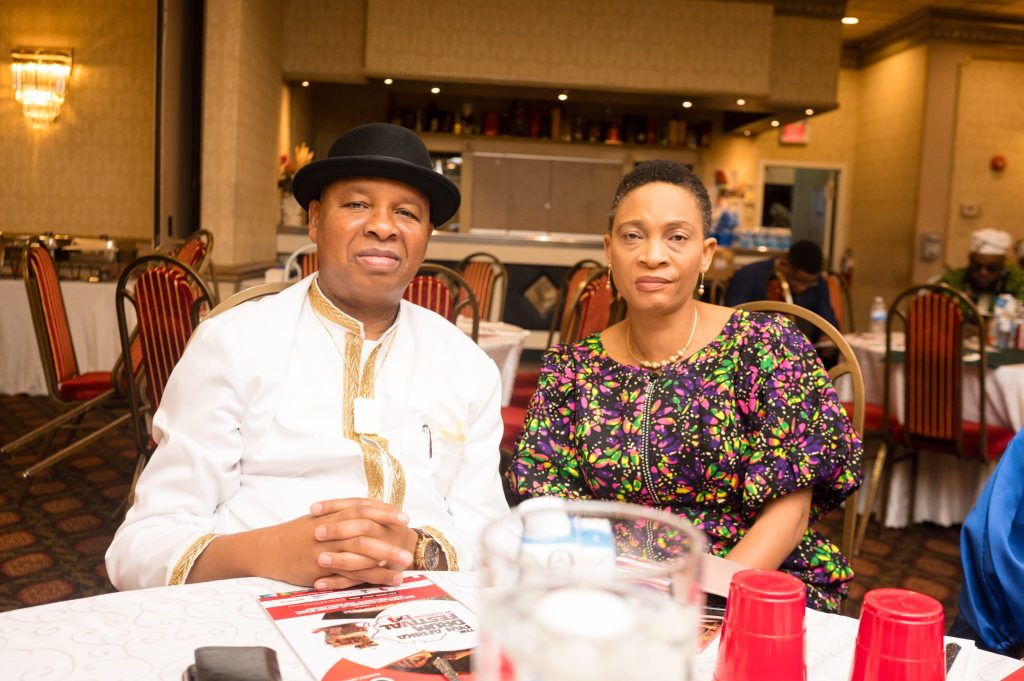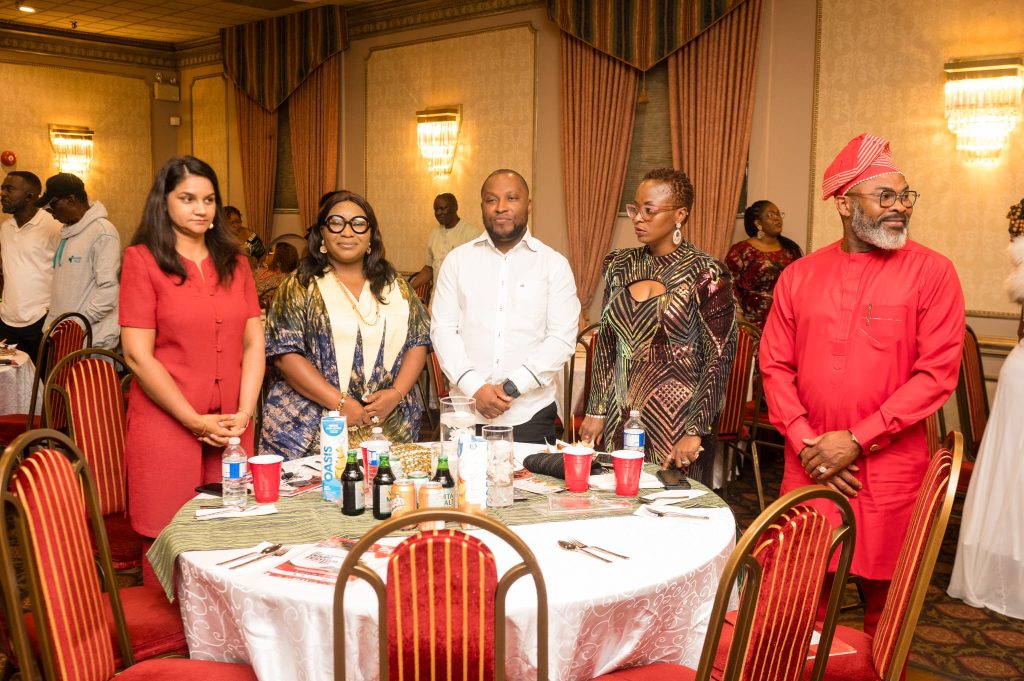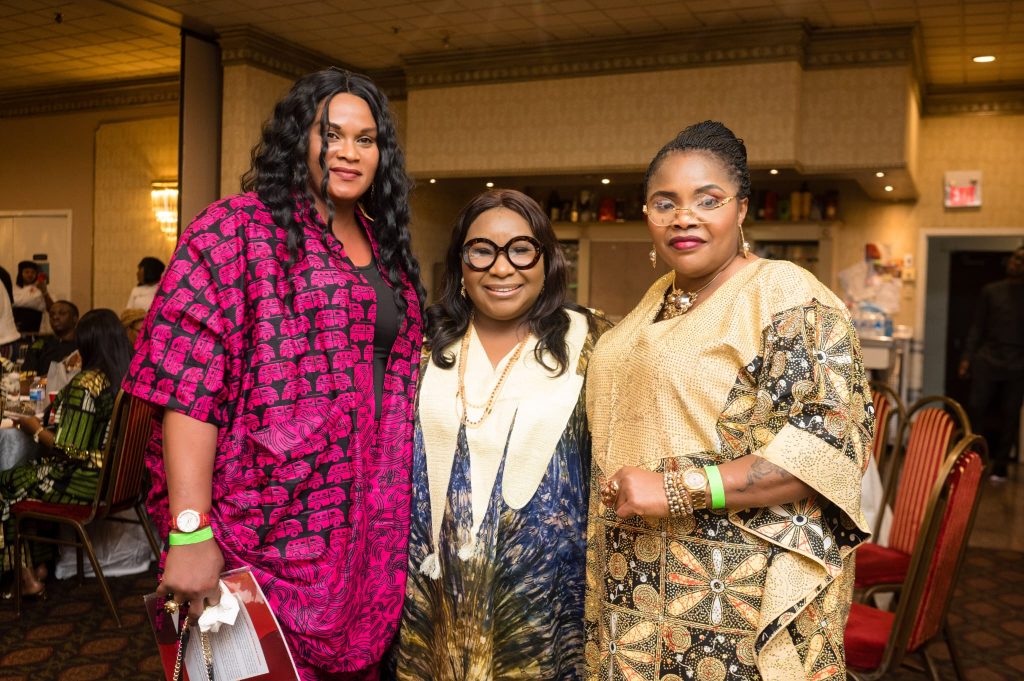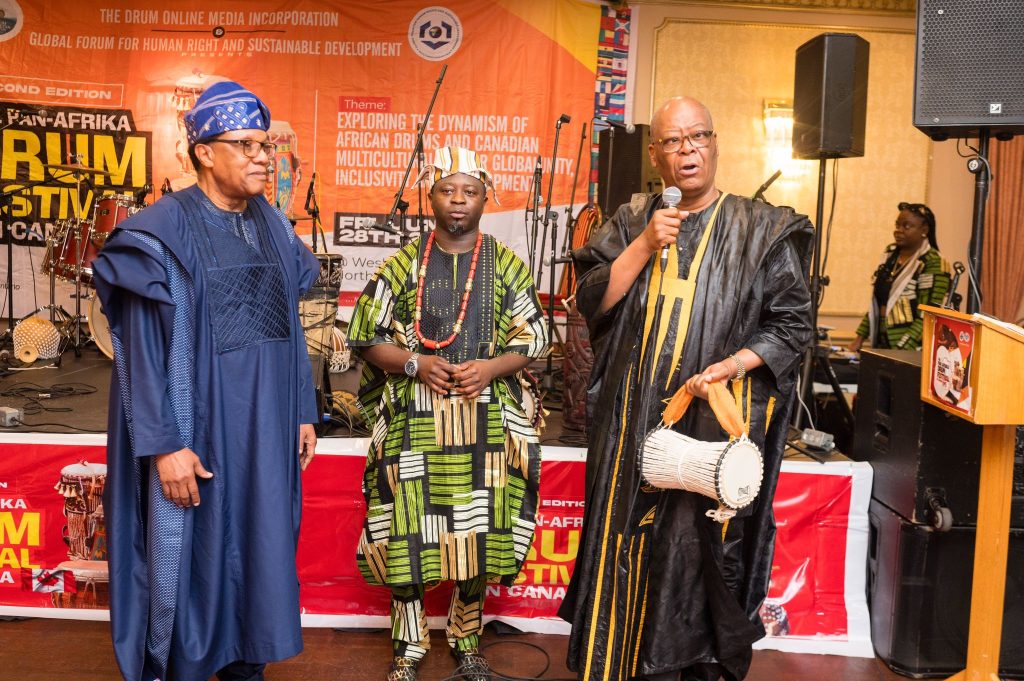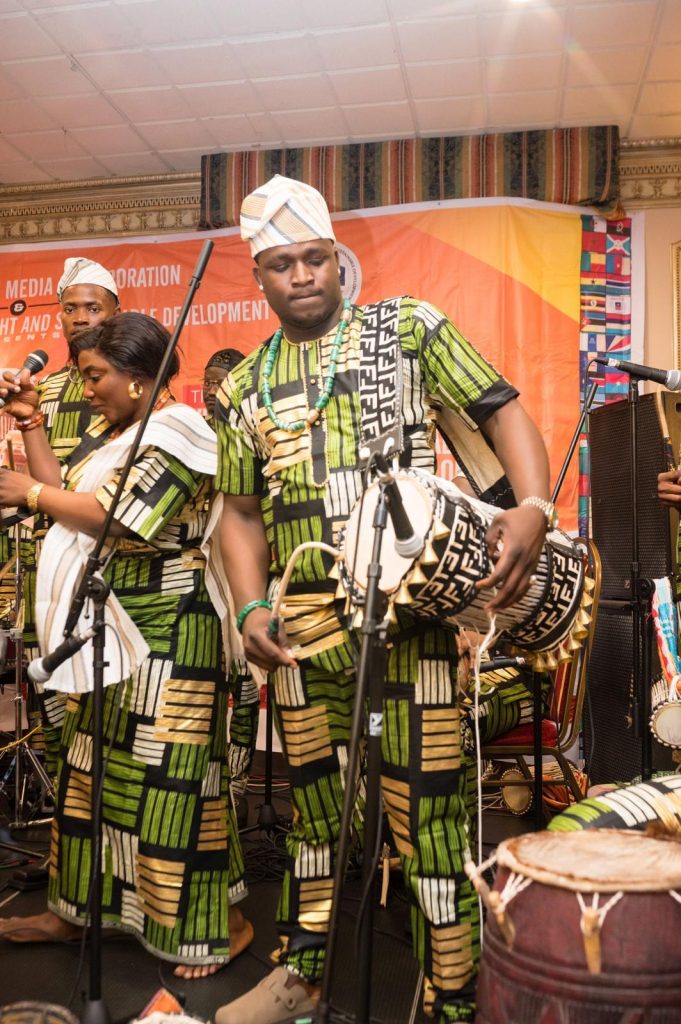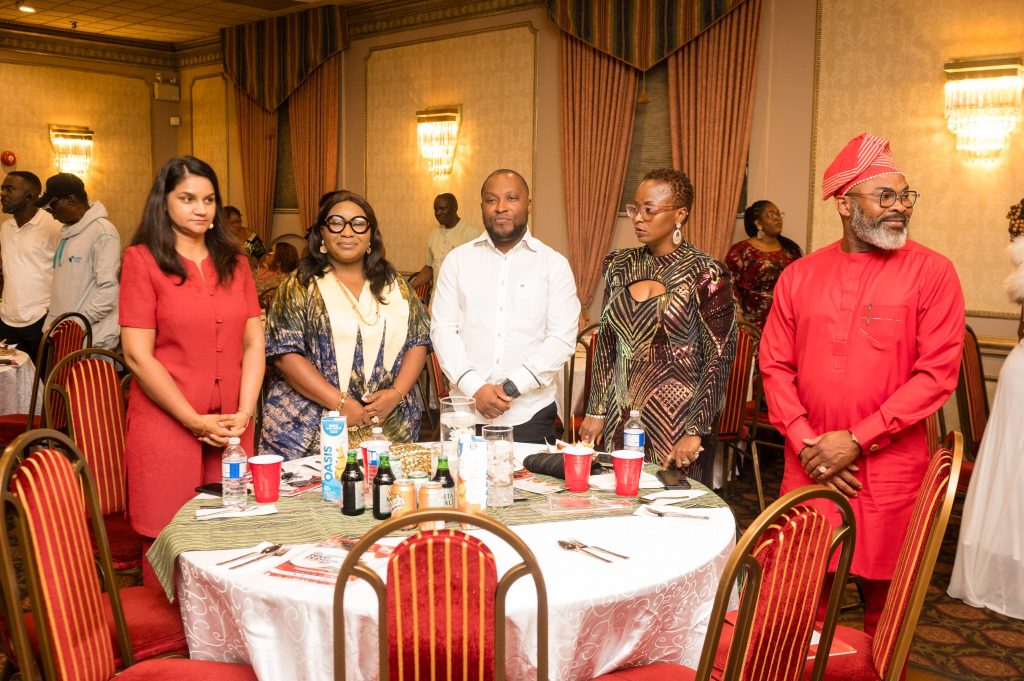Paris Agreement’ For Nature Imperative At Cop15, Architects of Climate Deal Say
The architects of the Paris agreement have urged world leaders to reach an ambitious sister deal for nature at the Cop15 biodiversity conference this December while warning that limiting global heating to 1.5C is impossible without protecting and restoring ecosystems.
On biodiversity day at the Cop27 climate conference in Egypt, Christiana Figueres, Laurence Tubiana, Laurent Fabius and Manuel Pulgar-Vidal, who helped design the Paris agreement, said that Cop15 would be an “unprecedented” opportunity to turn the tide on nature loss.
It follows scientific warnings that humans are driving the sixth mass extinction of life on Earth, with 1m species in danger of extinction.
The biodiversity summit takes place in Montreal, Canada just two weeks after Cop27 in Egypt, where governments will negotiate this decade’s targets on preventing biodiversity loss. Despite the ominous scientific warnings about the health of the planet and the consequences for human civilisation, no world leaders are scheduled to attend the meeting, which clashes with the football World Cup in Qatar.
In a separate announcement, a group of nearly 350 scientists, Indigenous peoples, businesses and NGOs have urged presidents and prime ministers to prioritise the nature summit.
“Leaders must secure a global agreement for biodiversity which is as ambitious, science-based and comprehensive as the Paris agreement is for climate change. Like the Paris agreement, it must encourage countries to pledge and also ratchet up their action commensurate with the size of the challenge,” said the joint statement by the designers of the Paris climate agreement.
“There is no pathway to limiting global warming to 1.5C without action on protecting and restoring nature. Only by taking urgent action to halt and reverse the loss of nature this decade, while continuing to step up efforts to rapidly decarbonise our economies, can we hope to achieve the promise of the Paris agreement,” it reads.
“It must be inclusive, rights-based and work for all. And it must deliver, through the whole of society, immediate action on the ground – our future depends on it,” it continues.
Figueres, Tubiana, Fabius and Pulgar-Vidal said that humanity’s “accelerating destruction of nature is undermining its abilities to provide crucial services, including climate change mitigation and adaptation. As with climate change, it is the most vulnerable communities who bear the greatest impacts of biodiversity loss, from loss of food security and livelihoods to decreased climate resilience. The climate and nature agendas are entwined.”
On Tuesday, ministers from about 30 countries met in Sharm el-Sheikh at a side event co-hosted by Canada and China to discuss the draft nature agreement, formally known as the post-2020 biodiversity framework. Sticking points in negotiations were discussed by governments, including financial backing for the agreement.
At Cop15, China is overseeing a major UN agreement for the first time and holds the presidency, although its leaders have played a modest role so far, prompting fears that the biodiversity summit could be nature’s “Copenhagen moment”, a reference to the conference where climate talks fell apart in 2009. Cop15 was moved from China to Canada after several pandemic-related delays and no world leaders have been invited by Beijing amid fears they are trying to downplay the event so as not to embarrass Xi Jinping, who is not expected to attend.
Helena Gualinga, a Kichwa indigenous youth climate leader from Sarayaku, Ecuador, said Cop15 was a “once-in-a-decade opportunity to agree a global deal for nature” and leaders needed to attend and produce an ambitious final agreement.
At Cop15, China is overseeing a major UN agreement for the first time and holds the presidency, although its leaders have played a modest role so far, prompting fears that the biodiversity summit could be nature’s “Copenhagen moment”, a reference to the conference where climate talks fell apart in 2009. Cop15 was moved from China to Canada after several pandemic-related delays and no world leaders have been invited by Beijing amid fears they are trying to downplay the event so as not to embarrass Xi Jinping, who is not expected to attend.
Helena Gualinga, a Kichwa indigenous youth climate leader from Sarayaku, Ecuador, said Cop15 was a “once-in-a-decade opportunity to agree a global deal for nature” and leaders needed to attend and produce an ambitious final agreement.
“Nature and the future of the climate is at stake, and we will not be safe until leaders are held accountable. For generations, my community has coexisted with nature, while witnessing extraction and deforestation of our territories devastate wildlife, nature and people. Our existence is our resistance, when we uphold our Indigenous rights we safeguard key ecosystems for the planet. We only have this decade to turn things around, yet governments are failing their responsibilities. Cop15 in Montreal is a once-in-a-decade opportunity to agree a global deal for nature, and we need leaders to show up and deliver,” she said.
Scientist Johan Rockström, director of the Potsdam Institute for Climate Impact Research said nature was crucial to keeping global heating within 1.5C of pre-industrial levels.
“To have a 50% chance of achieving 1.5C and thus limiting tipping point risks, global greenhouse gas emissions must be cut by half by 2030 and reach net zero by 2050,” he said. “Critically, these pathways rely on the continuing capacity of nature to operate as a carbon sink and to buffer against the worst impacts of climate change – 1.5C is not a goal, it is a biophysical limit. Nature is one of the best climate solutions for remaining within that limit. An ambitious global framework for biodiversity at Cop15 that addresses root causes of decline of the global commons is urgent and necessary.”
The Guardian


